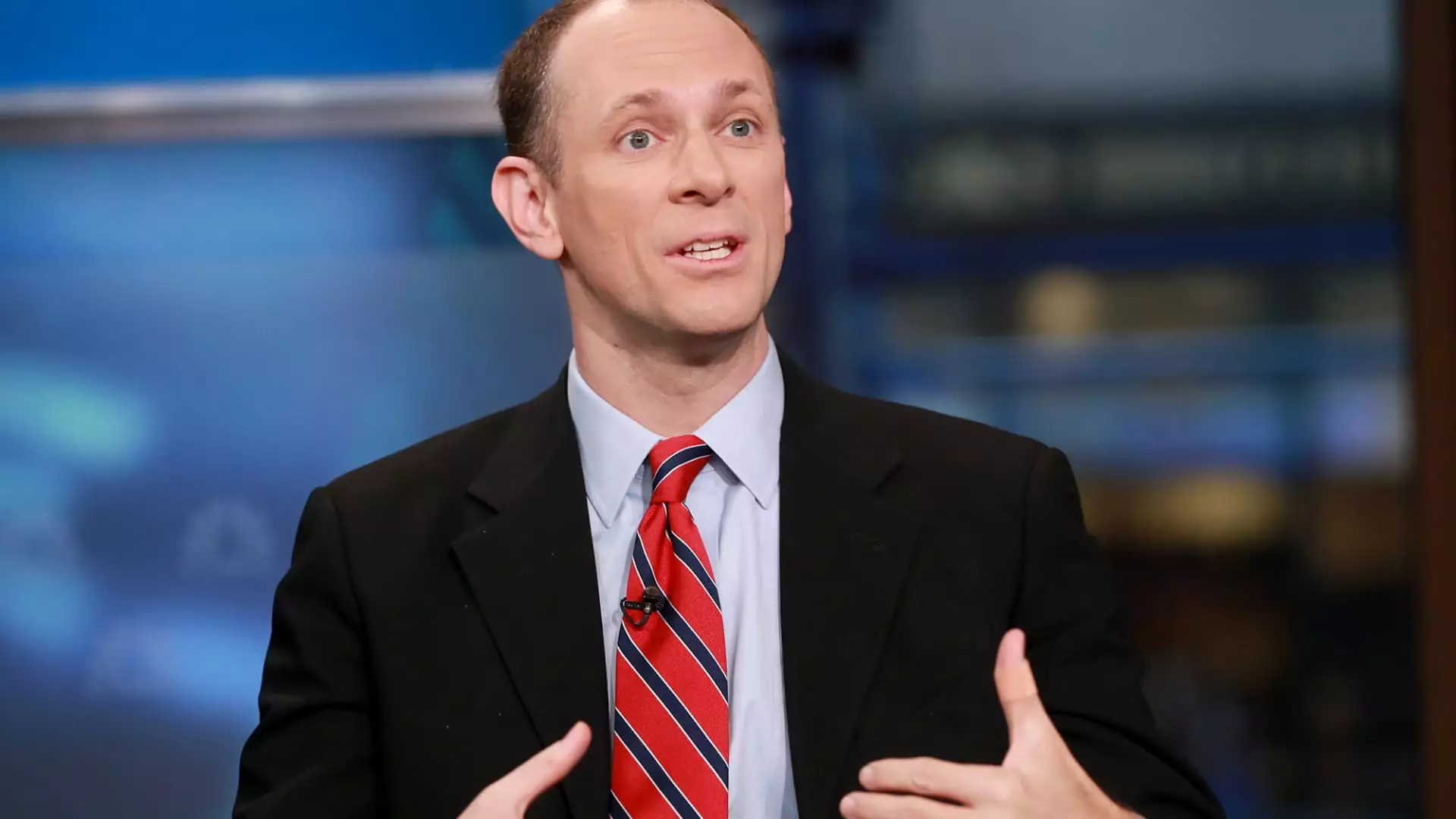In a political climate where the lines between fiscal policy and partisan ambition blur, the independence of the Federal Reserve (the Fed) stands as a bulwark against volatile economic maneuvers. Recent comments from Austan Goolsbee, President of the Federal Reserve Bank of Chicago, illuminate this critical issue. He expressed concern regarding the escalating rhetoric from figures like former President Donald Trump, who suggest meddling with the autonomous operations of the Fed in favor of short-term political gains. Undermining this independence could unravel the long-term economic stability that so many Americans depend on.
The Perils of Political Influence
Imagine living in an economy where monetary policy is a pawn in a political chess game. Goolsbee aptly pointed out that interference in the Fed’s operations will likely result in persistent inflation, stagnant growth, and amplified unemployment. If policymakers start dictating interest rates based on current political convenience, the overarching strategy to maintain inflation at a manageable 2% target becomes treacherous. History has shown us that nations lacking an independent central bank often succumb to economic chaos, characterized by rampant hyperinflation and dwindling investor confidence. The specter of political influence should not only cause concern but also provoke action to safeguard the Fed’s undisturbed operations.
Echoes of Historical Precedents
The echoes of past economies, where centralized control led to disaster, are vocal reminders of the risks involved in mixing monetary policy with electoral agendas. Countries like Venezuela and Zimbabwe, once full of promise, fell into economic despair largely due to the eroded independence of their financial institutions. The cumulative effect of such revenues has led to overall societal discontent and a compounded propensity for civil unrest. In contrast, economies that maintain central bank independence tend to usher in stable financial environments, fostering public trust and sustainable growth. Stripping this autonomy from the Fed would not only jeopardize its credibility but also hinder long-term economic planning.
The Immediate Consequences of Eroding Trust
As Goolsbee succinctly articulated, a lack of trust in the Fed—exacerbated by political meddling—could lead to immediate ramifications not only in terms of interest rates but also in the overall market perception. Investors require certainty, and the prospect of a “shadow chair” or legislative interference in the Fed would create a climate of apprehension. Stock markets and economic forecasts might shift unpredictably in times of uncertainty. If the Fed operates with one eye on political factions, its actions could be perceived as less about sound economic principles and more about pleasing the political elite, opening the floodgates for volatility.
The Future of Monetary Policy
Throughout history, central banks that operate free from political pressure have paved the way for healthier economies and have been pivotal in navigating financial crises. Goolsbee’s call to action reaffirms the necessity for policymakers, regardless of affiliation, to protect the Fed’s stability. The robust defense of the Fed’s independence is not merely a technical necessity; it is a moral obligation we owe to the many Americans seeking security and prosperity in their financial futures. When politics and economics collide, it is the ordinary citizen who often bears the brunt of the fallout. True leadership requires the foresight to prioritize systemic integrity over transient political popularity.

